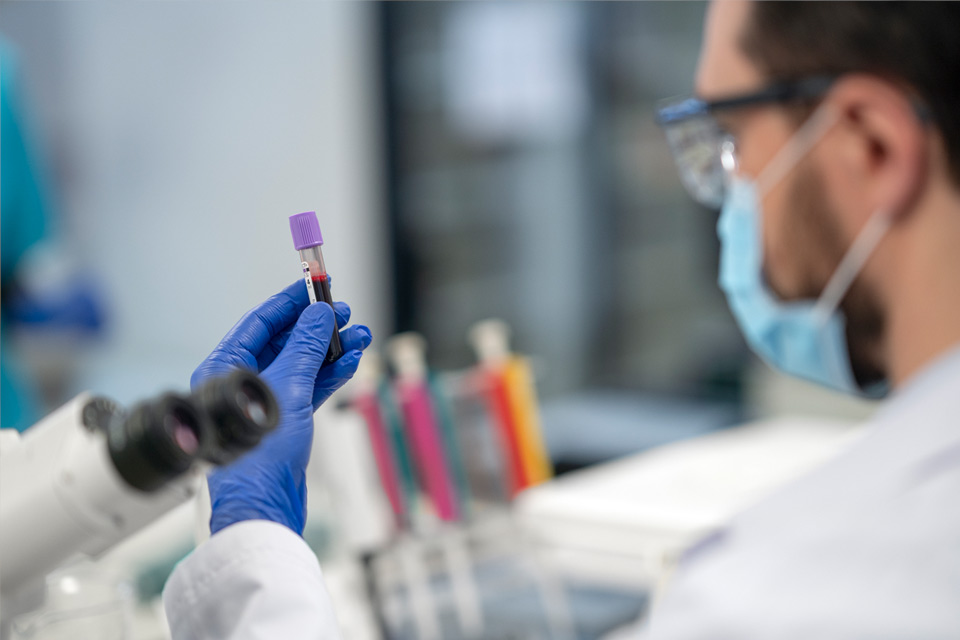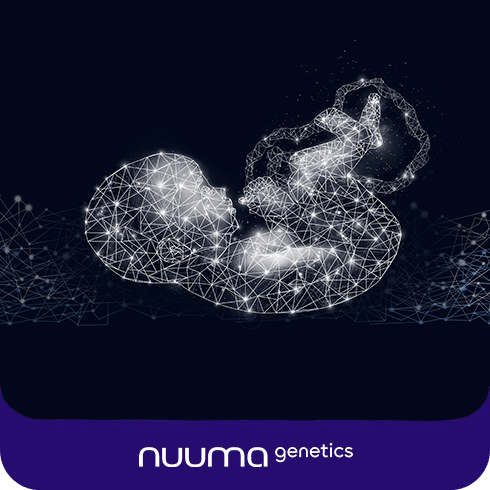Secure Risk
What is it and what is involved?
Secure Risk is an advanced genetic screening that focuses on assessing the risk of common diseases with multiple causal factors.
This test is used to determine the polygenic risk, which helps identify those individuals who are at higher risk of suffering from any of these diseases.
Benefits
Secure Risk offers multiple benefits:
- The result provides a deeper understanding of the genetic risk throughout one’s life, which can be used to establish personalized prevention strategies.
- This information supplements clinical risk factors to provide a more comprehensive approach to disease prevention.
- The polygenic risk is calculated more accurately thanks to a basic analysis of the patient’s ancestry.
Disease Risk
% Secure Risk = Poor eating habits, AlcohoL, age, diabetes, overweight, tobacco, high blood pressure, hormones, environment and hyperlipidemia
More information















